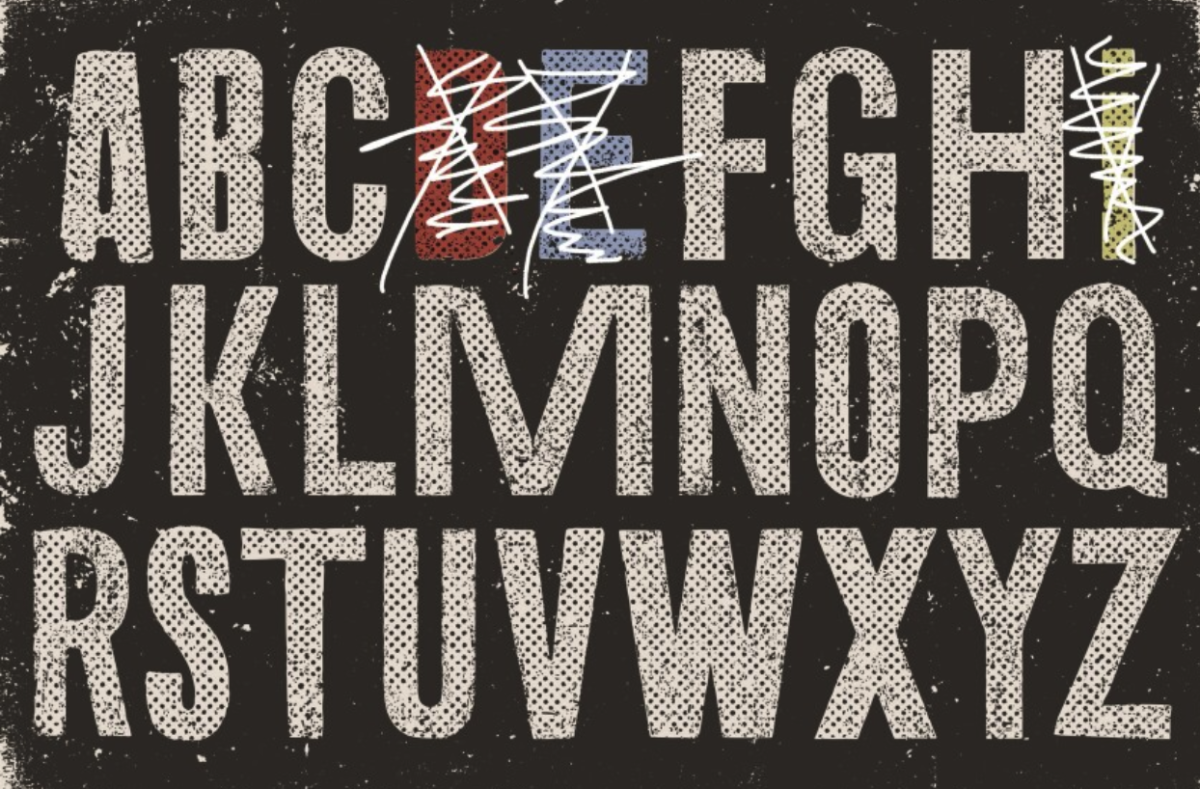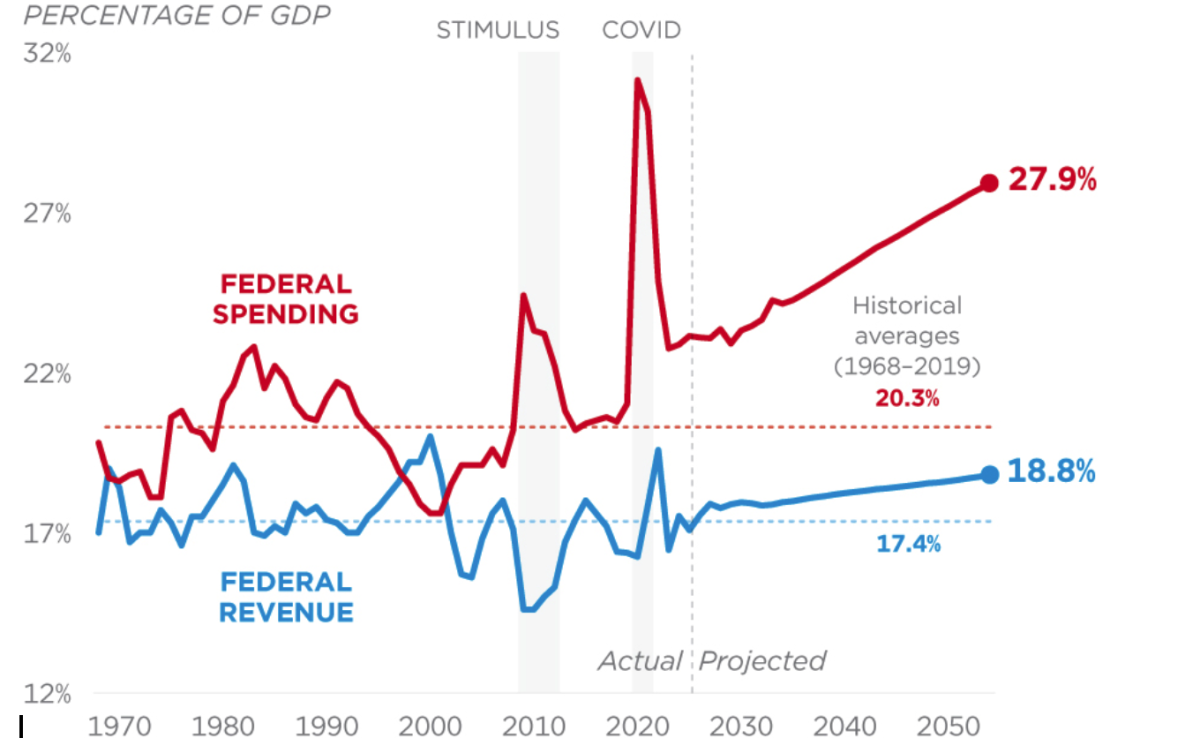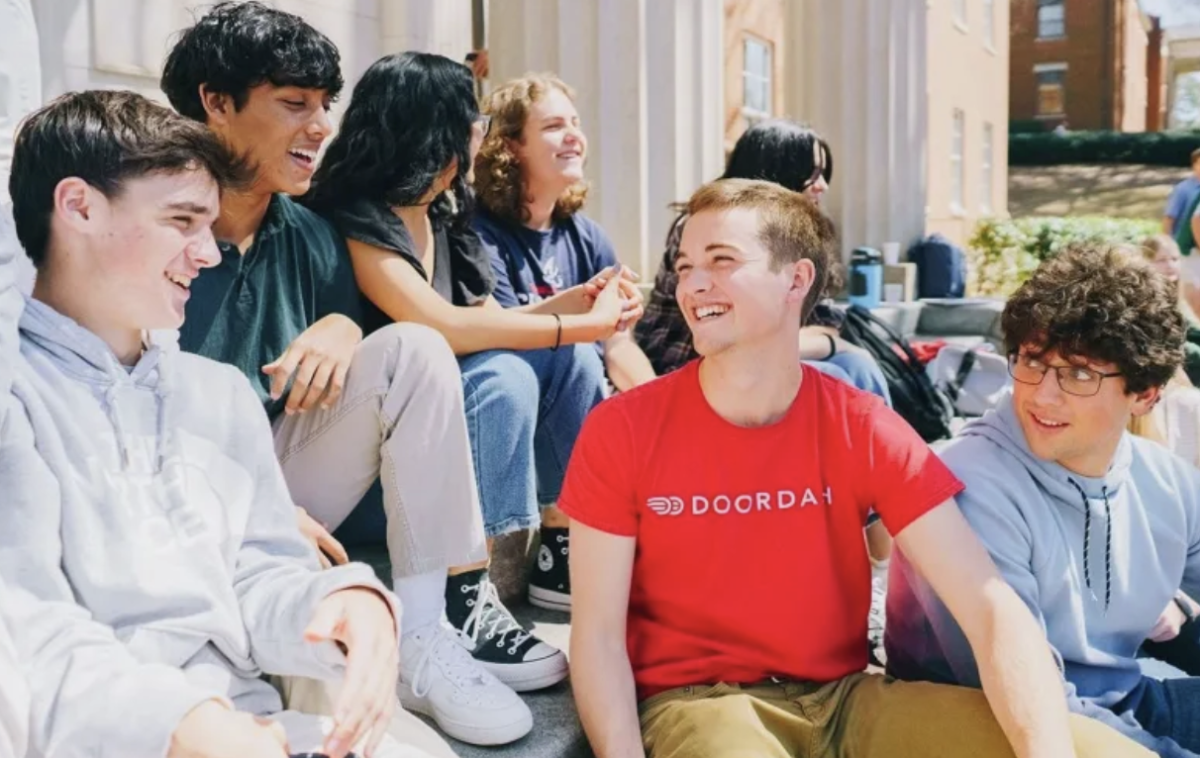The political scene at Westminster is heating up as the nation hurtles toward the Nov. 6 election, in which most of the senior class will be voting. These strains became apparent as ideas clashed and tensions bristled in response to the Young Republicans and Young Democrats debate assembly held on Friday, Sept. 28.
The Young Republicans and Democrats are the two student-run political groups at Westminster, and the ones who staged the event. It was entirely student led, scripted, and organized, with the sole exception of the assembly date set by the school administration.
The format of the assembly was fairly straightforward—one side makes an opening statement about the issue and the other side makes a rebuttal. Then the order would be switched for the next question, and so forth. It was a format that had been drafted and used for previous political debates at Westminster and one that ensured control and clarity in the event.
Some of the young members of the audience, however, were still not captivated by the assembly, as they are too young to vote and simply do not care that much about politics.
“To be honest, I wasn’t that interested,” said junior William Dickey. “I just don’t care about politics. I mean, it was a good debate, but I was bored.”
While the assembly did attempt to educate or interest the students who do not follow politics closely, it was mainly aimed at those who will be voting in two weeks. A considerable number of seniors who are eligible to vote are still undecided about their views on the main issues surrounding the election.
Even if the primary purpose of the assembly was to educate, the speakers did in fact try to sway the audience toward their political views.
“Obviously swaying people toward our opinion was a motive,” said Young Republican co-president Allen Jones, “but it was more, ‘Here’s a taste of what we as conservatives think,’ than an attack on the other side.”
Despite the relatively civil manner of the debate, some particularly harsh or rhetoric-based instead of information-based statements did incur surprise from the crowd. Young Democrat faculty sponsor Lasly Gober argued that this was a good thing, saying that students must learn how to listen to and think about politics, as well as know how to filter out the rhetoric, emotion, and simply false or skewed statements in order to get to the heart of the information at hand.
“Sometimes it’s beneficial to hear things that shock you or that disturb you,” Gober said, “because it makes you realize how bad that certain thing sounds.”
Skewed information was indeed a problem during the debate, as each side offered statistics and facts that seemed as if they could not both be possible.
“My only problem with the debate was that every time a speaker disagreed with a previously made statement or figure, they did not provide any source or way for the audience to assuredly know that their counter-figure or fact was the correct one,” said sophomore Erin Lamberth. “It was just ‘You’re wrong,’ and that was it.”
In the end, the core goal of the assembly for both the Young Republicans and Democrats was simply to spark interest in politics, which was successfully achieved. Even if students were not interested in the topic itself, they were at least reminded of the importance of being educated about issues facing our country today. The assembly was also beneficial to the speakers themselves. As the organizers of the entire event, they learned a lot about public speaking, getting a message across effectively in a short period of time, and coordination with other groups and faculty members.
“They were clearly prepared and knowledgeable on the topics,” said senior Isabel Callaway. “Overall I thought it was impressively executed.”





